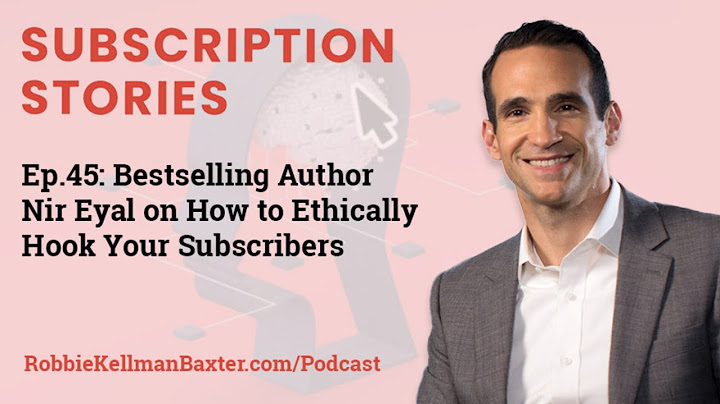Arrange the steps of the nursing process in the sequence in which they generally occur. Show
A. E, B, A, D, C For all body systems except the abdomen, what is the preferred order for the nurse to perform the following
examination techniques? A. D, B, A, C Sets with similar terms20. In which order will the nurse use the nursing process steps during the clinical decision-making process? 1. Evaluating goals a.2, 4, 3, 5, 1 C. Focused Rationale: A focused assessment is performed to obtain data about an actual, potential, or possible problem that has been identified. It focuses on a particular topic, body part, or functional ability rather than on overall health status. A psychosocial assessment gathers information about lifestyle, normal coping patterns, understanding of the current illness, personality style, previous psychiatric disorders, recent stressors, major issues related to the illness, and mental status. A special needs assessment is a type of focused assessment. It provides in-depth information about a particular area of client functioning and often involves using a specially designed form (e.g., nutrition and pain). A comprehensive assessment (also called a global assessment, patient database, or nursing database) provides holistic information about the client's overall health status. Correct Answer: 2 Personal knowledge (2) is self-understanding—awareness of one's beliefs, values, biases, and so on. That best describes the nurse's awareness that her bias can affect her patient care. Theoretical knowledge consists of information, facts, principles, and theories in nursing and related disciplines; it consists of research findings and rationally constructed explanations of phenomena. Using reliable resources is a critical thinking skill. The nursing process is a problem-solving process consisting of the steps of assessing, diagnosing, planning outcomes, planning interventions, implementing, and evaluating. The nurse has not yet met this patient, so she could not have begun the nursing process. See page 30 in the textbook Correct Answer: 1 Cognitive skills are used in complex thinking processes, such as problem solving and decision making. Critical thinking attitudes determine how a person uses her cognitive skills. Critical thinking attitudes are traits of the mind, such as independent thinking, intellectual curiosity, intellectual humility, and fair-mindedness, to name a few. Critical thinking skills refer to the cognitive activities used in complex thinking processes. A few examples of these skills involve recognizing the need for more information, recognizing gaps in one's own knowledge, and separating relevant from irrelevant data. Critical thinking, which consists of intellectual skills and attitudes, can be used in all aspects of life. See page 25-26 in the textbook Ch 3: During Sami's appointment at the women's clinic, she has a Pap smear, breast exam, and blood work. She also informs the nurse practitioner that her menstrual flow is very heavy and that she experiences severe abdominal cramping. All of these data are added to the database as reference for future visits. Sami's Pap smear results and breast exam are normal, but she is moderately anemic (she has a low hemoglobin level). When the nurse practitioner sees the lab results, she suspects that the heavy flow may be causing Sami's anemia. According to clinic protocol, she prescribes birth control pills for Sami to control her heavy, painful periods and provide contraception. Ongoing assessment will include visits every 6 months to manage her birth control pills and monitor the anemia. State whether the following data are primary or secondary, subjective or objective: Sami tells the nurse practitioner that she experiences cramping with her menstrual cycle. For the nurse practitioner, is this primary or secondary, subjective or objective data? C. Focused A focused assessment is performed to obtain data about an actual, potential, or possible problem that has been identified. It focuses on a particular topic, body part, or functional ability rather than on overall health status. A psychosocial assessment gathers information about lifestyle, normal coping patterns, understanding of the current illness, personality style, previous psychiatric disorders, recent stressors, major issues related to the illness, and mental status. A special needs assessment is a type of focused assessment. It provides in-depth information about a particular area of client functioning and often involves using a specially designed form (e.g., nutrition and pain). A comprehensive assessment (also called a global assessment, patient database, or nursing database) provides holistic information about the client's overall health status. Which organization's standards require that all patients be assessed specifically for pain?The Joint Commission developed pain standards for assessment and treatment based upon the recommendations in the Acute Pain Clinical Practice Guideline. The Joint Commission requires that hospitals select and use the same pain assessment tools across all departments.
What types of assessments need to be done on all patients?The four medical assessments regularly performed on patients are:. Initial assessment. ... . Focused assessment. ... . Time-lapsed assessment. ... . Emergency assessment.. What is the role of the Joint Commission in regard to patient assessment the Joint Commission?The Joint Commission sets detailed standards regarding what and when to assess but does not address credentials. Nurse practice acts specify what data are collected and by whom. Agency policy may set time frames for when assessments should be done and how they should be documented.
What are the four features common to all definitions of assessment?What are the four features common to all definitions of assessment? Assessment is the systematic gathering of information related to the physical, mental, spiritual, socioeconomic, and cultural status of an individual, group, or community.
|

zusammenhängende Posts
Werbung
NEUESTEN NACHRICHTEN
Werbung
Populer
Werbung

Urheberrechte © © 2024 defrojeostern Inc.


















